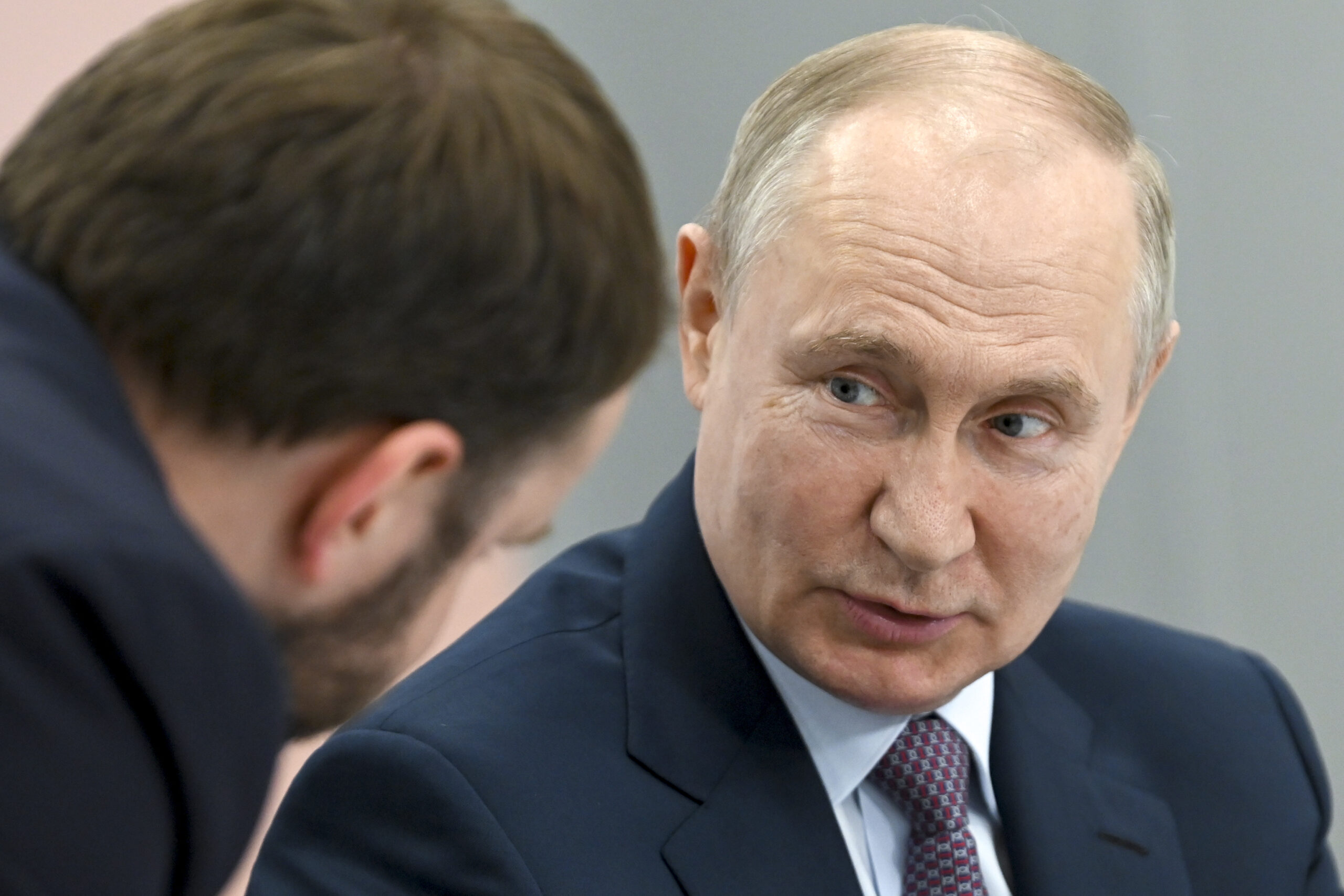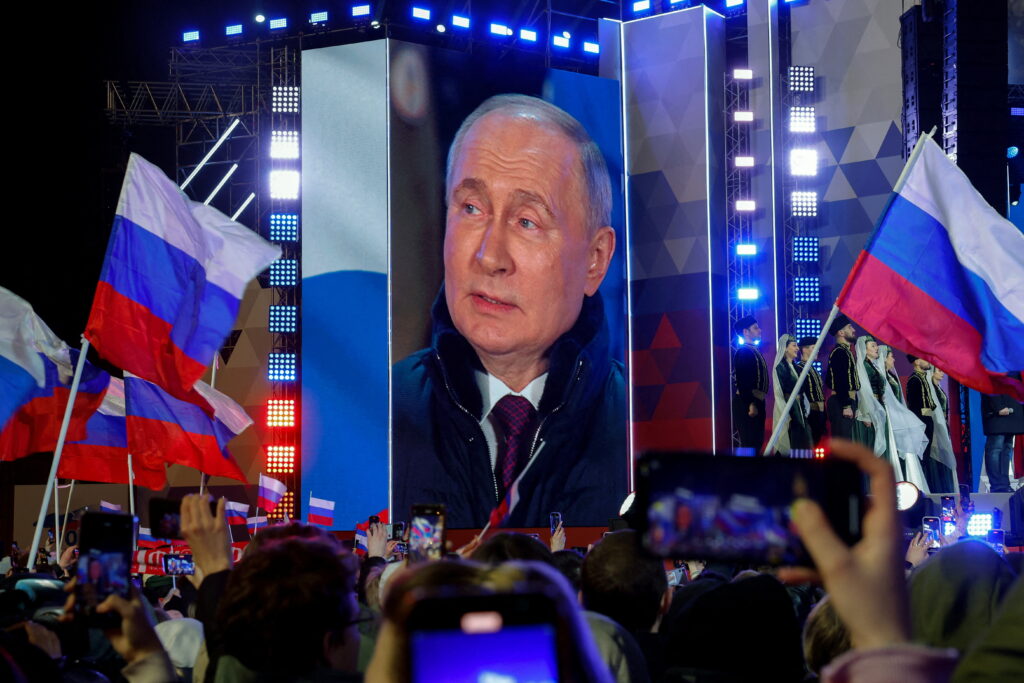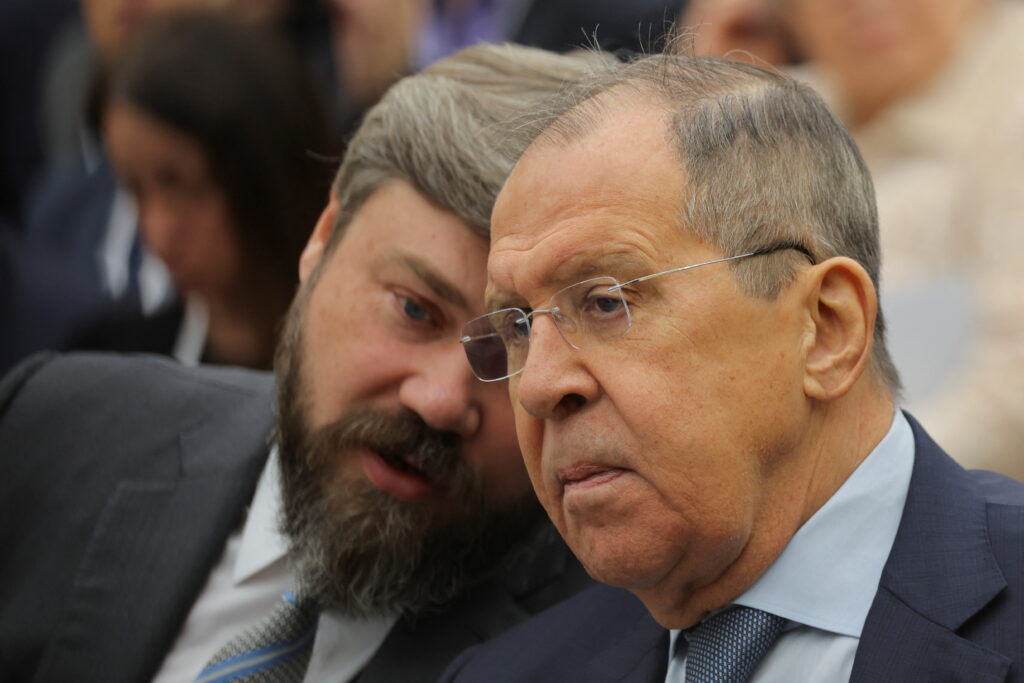At the end of last year, we examined the list of characters who could become Vladimir Putin’s successors in the near future — politicians who have accumulated significant work experience and vast resources. In Russian politics, however, there is another type too: the long-term successors. These are the so-called «princes» — fairly young representatives of influential groups in Putin’s inner circle. The «princes» and the elites behind them are betting that Putin will work until early 2030s and will then determine a successor. By that time, the current batch of replacements will already be of advanced age, which may not allow them to lead the country. The «princes» however will be in the prime of life and experience by then; so the main strategy of these types and their patrons is to wait. Time plays against the successors of the present moment, and not only in the context of their age. In a few years, Putin’s current favorites may tire him, make mistakes, and it is likely that some of them will face banal burnout from work and fade from the spotlight.
An example is a previous participant in the race to be Putin’s successor in 2007: Defense Minister Sergei Ivanov. He is certainly no longer perceived as a serious political player — yet at that time he was considered an almost guaranteed successor. His rise quickly stopped, and then his career slumped. Dmitry Medvedev, who won the casting and became President in 2008, also lost his influence further down the track. Groups that currently do not have current candidates for successors are counting on a change in the status of today’s favorites. It is more profitable for them that Putin works as long as possible; after that, the president and other elite groups will take a closer look at the current «princes». And the young heirs and their patrons are already preparing. This article includes the brightest and closest «heirs» to succession. Let’s make a reservation that they, too, may face career setbacks and failures; but for now this list includes all the «princes of princss».
Dmitry Patrushev — the son of the chief security officer
46-year-old Minister of Agriculture Dmitry Patrushev is the most famous and obvious representative of the prince type. His father, Security Council Secretary Nikolai Patrushev, is one of the most influential members of Putin’s entourage, and the most influential Russian security services official. Patrushev Jr. rose gradually but persistently. His father clearly expected his son will take commanding heights at the right time. Dmitry Patrushev worked at VTB, and then headed Rosselkhozbank (agro sector main bank) for a long time. His arrival to the ministerial position in 2018 even seemed natural — Patrushev Jr. did not come to the agricultural sector from the street. His family’s bet then seemed quite logical. The agricultural industry was then growing and demonstrating success; domestic demand for products was growing; exports were expanding. Dmitry Patrushev could well exploit the image of an effective manager, and not just «his father’s son», in his communications with Putin and the elites, without making any special efforts (private companies did everything for him.) Rumors have repeatedly appeared in the media that Patrushev Jr. was about to receive the post of Deputy Prime Minister, and then the leap to the prime minister’s chair was allegedly not far away. The war, which the Secretary of the Security Council now actively supports, has hampered his son’s career. The agricultural industry was and is seriously dependent on foreign supplies — equipment, fertilizers, and seed material. After the introduction of sanctions, supplies became difficult or stopped altogether. We see the consequences of this in the sharply soaring prices of chicken and eggs. The once promising industry began to drag «Prince Patrushev» down. Prices for products important to Russians soared at the most inopportune moment for the Kremlin — during Vladimir Putin’s election campaign. Price growth is one of the pain points of Russian society, and the authorities are trying to fight it as best they can. Dmitry Patrushev more than once had to make excuses to the president and even asked him for «one more chance» to improve his work. So far, there have been no targeted complaints against the minister from Putin, but if the situation worsens before the elections, then perhaps we will hear a few more.
Dmitry Patrushev, as a «prince» and possible successor, is now in a rather vulnerable position. On the one hand, time will work on his side — the main thing is to retain the ministerial post, and then the chicken crisis will be forgotten: so it will be possible to talk about further promotion. On the other hand, the son’s career growth largely depends on his father; if Nikolai Patrushev leaves the post of Secretary of the Security Council (and this is quite likely as part of the general rotation in 2024), the Minister of Agriculture may completely fall out of the race of «princes». Dmitry Patrushev, earlier than others, became Putin’s likely «successor» in the long term, and therefore may leave this race earlier than others. Oddly enough, his father’s support can also be considered his weak point. Patrushev is a security official and a loner; the rise of his son (and therefore, in fact, himself to power) is not beneficial to the civilian elites and competing security groups, which means that they will fight the prince of the Security Council Secretary as best they can. The media hype over rising prices (for which Patrushev Jr. is partly blamed) is one example of such competition.
Andrey Turchak — the «prince» of St. Petersburg
Among the «princes» whose career is growing slowly but surely is the Secretary General of United Russia, 48-year-old Andrei Turchak. The son of an influential representative of the old St. Petersburg elite, the head of the Leninets defense enterprise, Anatoly Turchak, is already considered the de facto leader of United Russia. In this capacity, he managed to meet representatives of influential groups and the bureaucracy. Turchak is actively involved in the war and its support, perhaps sincerely, and perhaps counting on the special attention of Putin. So far, such a hawkish position is likely to contribute to the career growth of this «prince.» But, Andrei Turchak does not yet have enough formal positions to be considered a real candidate for successor (or even a candidate for being a candidate). Before the start of the war, he was considered the main candidate for the post of St. Petersburg mayor — the current head of the city, Alexander Beglov, came into conflict with the influential brothers Kovalchuk and Yevgeny Prigozhin and was almost defeated by them. Andrei Turchak gradually began to prepare for the governorship and took personal control of the local branches of United Russia in the city. The war ruined these plans — Beglov gained points from actively supporting the war and was able to retain his position. This year the St. Petersburg incumbent is facing elections and a campaign headquarters has already formed around him. Of course, Putin can make different decisions — and he must personally approve the reappointment or appointment of a new leader of his hometown. If Turchak and his support group in the form of the old St. Petersburg elites manage to lobby for their transition to the governor’s chair, then this will be a good foundation for succession. Another career track for the «Prince of St. Petersburg» is the post of head of the Federation Council (Turchak currently holds the post of vice-speaker of the upper house of parliament). Both positions may well be filled by a successor; both combine equally political and managerial elements. Growth along the government-bureaucratic line is no longer accessible to Turchak — he chose a different personnel elevator. We can say that the prospects of the «Prince of St. Petersburg» will be determined in the near future — if Andrei Turchak fails to lead St. Petersburg or the Federation Council, then it will be difficult to find another command post.
Andrey Vorobyov — Shoigu’s clan successor
The head of the Moscow region, Andrei Vorobyov, is a representative of the clan of Defense Minister Sergei Shoigu, the son of his close associate Senator Yuri Vorobyov. His age — Vorobyov will turn 54 this year — is beginning to remove the politician from the cohort of «princes»; but this influential group has not raised another «heir». Vorobyov’s advantages include a post in a strategically important region, support from Shoigu, who is in presidential favor, as well as good relations with a circle of former Putin guards (Alexey Dyumin, Dmitry Mironov), and therefore the head of the Russian Guard, Viktor Zolotov (in the past, he headed the FSO). Andrey Vorobyov is quite active in the media and in public. But the politician’s future career prospects can be destroyed by the communal collapse in the Moscow region. He is indeed responsible; competing groups, understanding this perfectly, use this to attack him via popular Telegram channels: a monitoring of which ends up on Putin’s desk. To be on the long list of successors, Vorobyov needs to move to a federal post in the near future, and the freezing of the cities of his region certainly does not contribute to this leap. It is likely that the «prince of the Moscow region» will remain a prince.
Gleb Nikitin — the Rostec «prince»
The military-industrial group Rostec head Sergei Chemezov is also preparing promising politicians ready for a long career and access to successor status. The main «industrial» prince at the moment is the Nizhny Novgorod governor Gleb Nikitin (he is 46 years old). He has experience working in the federal government as Deputy Minister of Industry, he is quite young, and has not only Russian, but also a Western education. Now, Nikitin has a governorship in a large industrial region with a million-plus city and complex elite relations. Putin often visits Nizhny Novgorod; the face of the local governor is well known to him. In order to achieve career heights, Nikitin is ready to actively support the war, complicate abortions in his region, and, in general, join the wave of the hawkish-conservative trend. He might step away from this wave when it ceases to be fashionable among senior management. To become a real prince, Gleb Nikitin must receive a federal appointment — for example, to head one of the ministries, and then become deputy prime minister. His age fully allows him to withstand another round of appointments to the cabinet of ministers and there is no need for him to integrate himself into the next reshuffle.
Maxim Oreshkin — Putin’s personal «prince»
Lately, we often see Vladimir Putin’s assistant, the former Minister of Economic Development Maxim Oreshkin next to the president. He gives him tours of the «Russia» exhibition at VDNKh. He goes on a campaign tour with Putin and sits in the front row at election events, where he readily laughs at, to put it mildly, not the funniest presidential jokes. The presidential aide even brought his appearance in line with patriotic trends — the official grew a thick beard, although he had previously shaved carefully.
It is Oreshkin who supplies the head of Russia with optimistic information about the state and takes part in preparing the economic part of Putin’s election program. His appointment as deputy prime minister or even prime minister after the presidential elections seems a likely scenario. Oreshkin is building the image of a technocrat without obvious career aspirations, who is ready to work wherever his top leader says. Apparently, Vladimir Putin and some of the elites are impressed by this image. Oreshkin needs this tactic so he will be accepted as a «weak prime minister» who takes into account the interests of all players and does not pretend to be anything more; that way his appointment as head of the cabinet of ministers will be approved. Putin’s assistant also needs this imaginary weakness because he does not have an obvious political patron or a group — he is a solitary player.
However, then nothing will prevent the clearly ambitious Oreshkin from becoming one of the candidates for successor — and the age of the «prince» will be one of his main trump cards.










